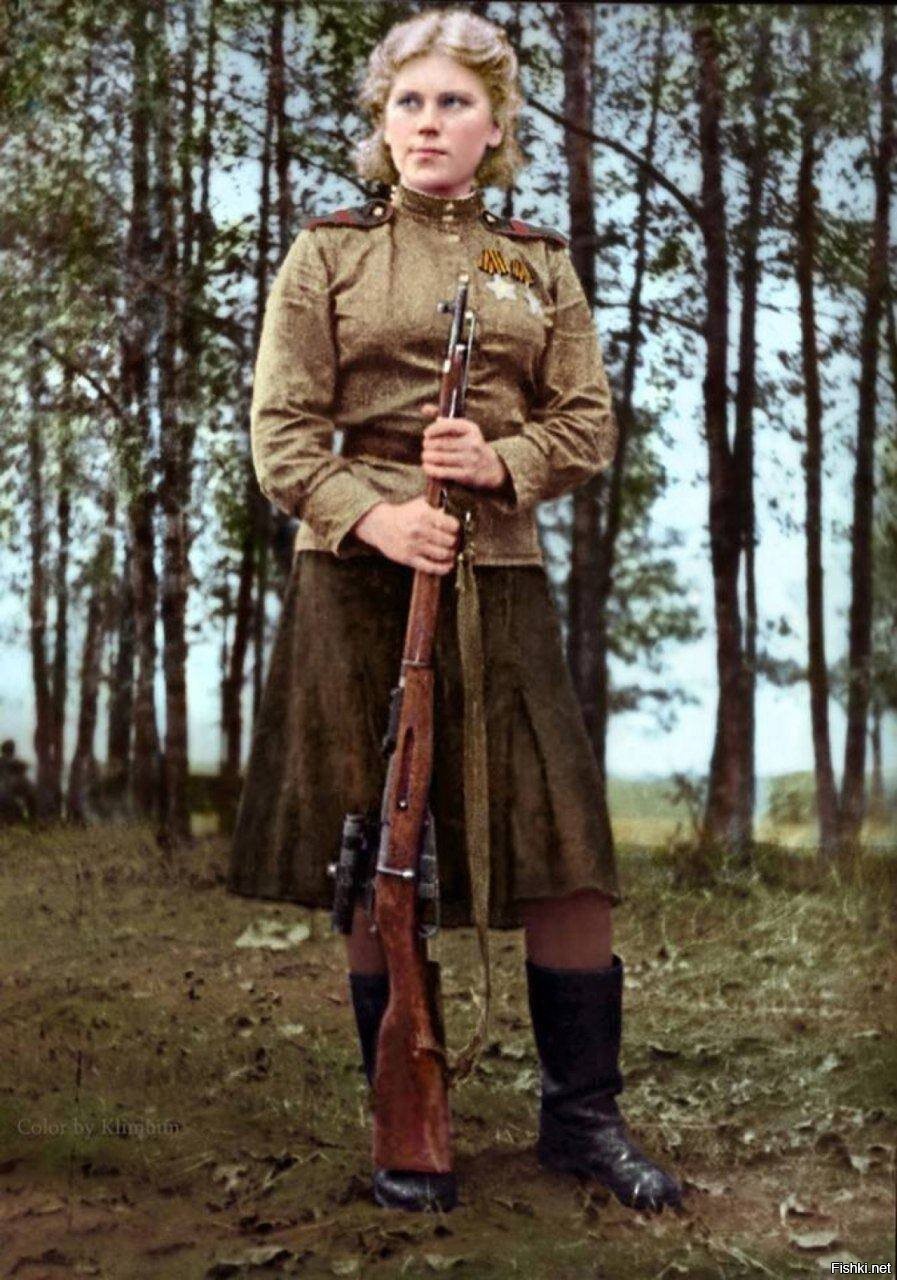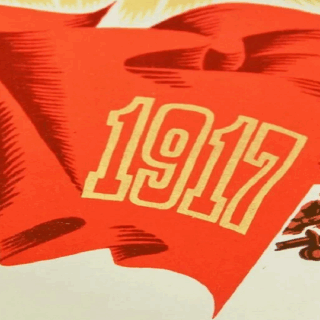
The story of peasant girl Roza Shanina from the Arkhangelsk village of Yedma foreshadowed nothing great.
The daughter of a milkmaid and a lumberjack, Rosa grew up in a modest village surrounded by forests.
Little did her fellow villagers know that their young Rosa would go on to become known as the “Invisible Terror of East Prussia.”
However, even at a young age, Rosa displayed remarkable courage when she defied her father’s wishes and left the village for distant Arkhangelsk in search of her own destiny.
She enrolled in a teacher’s college and used to sneak into the dormitory at night through the window. To survive, she worked part-time at a kindergarten after school.
In short, Rosa Shanina’s life took an interesting turn in the city.
After graduating from college, she was still surrounded by children and worked as a kindergarten teacher.
However, the war broke out, and in December 1941, her first brother was killed. Then, her second and third brothers were also lost.
Shanina went to the military recruitment office to request a place on the front lines to take revenge on the Nazis.
And she was lucky, because in early 1942, training for female snipers began in the USSR. It was believed that women have more flexible fingers, they are more persistent and patient than men — the perfect ingredients for a good sniper. But the commissar turned Shanina down three times: “You’re silly, you’re the only one left with your parents, and you’re still too young, only 18.”
But the stubborn Rose convinced the military commissar and went to the school of female snipers.
The girl arrived at the 3rd Belorussian Front in April 1944. Three days later, near Vitebsk, she showed her sharp thorns for the first time when she killed her first Nazi.
“My legs weakened, I slid into the trench, uttering a resigned thought: ‘I killed a man, a man…’ Alarmed, my friends ran to me and reassured me: ‘But you finished off a fascist!'” she wrote in her diary.
Within 20 days, Roza Shanina killed 16 more Germans, and her portrait was beautifully featured in a front-line newspaper.
But when Operation Bagration began on June 22, 1944, the commanders decided to spare the girls’ lives and removed the women’s sniper platoon from the front lines. Once again, Rosa’s stubborn nature took over, driven by her courage and desire for vengeance.
Shanina wrote several requests to send her platoon back to the trenches, addressing them to the army commander and even Comrade Stalin. Receiving no answers, she fled to the front lines without permission, captured three German soldiers, and thus avoiding a court martial.
And in the autumn of 1944, the first love came to a young girl… and immediately left. Shanina wrote: “I can’t accept the fact that Misha Panarin is no longer alive. What a good guy he was, and he was killed… He loved me, I know, and I loved him… My heart is broken, I’m 20 years old, and I don’t have a close friend.”
The year 1945 arrived, and the 3rd Belorussian Front was already on the border with Germany. Senior Sergeant Rosa Shanina spends all her time on sniper hunting during the lull. With the special permission of the army commander, she was now legally on the front lines.
Although she was wounded in the shoulder by a German sniper, Shanina’s vengeance continued. She has killed 53 Nazis, earned the Order of Glory, and received the Medal of Courage.
Then, the Soviet offensive against Königsberg began, marked by unprecedented German resistance and significant Soviet casualties.
“Of the 78 soldiers in the battalion, 72 have been lost,” Shanina wrote on January 17 for the last time. And then, as if foreboding, she added, “I can’t even get out of the self-propelled gun, the Germans are hitting us so hard. I think I’ll die, but I’m not afraid.”
Her platoon was moving through Prussia when, on January 27, 1945, they were ambushed by the Germans, and Rosa Shanina shielded her wounded commander with her own body. A fragment of shrapnel struck her in the chest…
She was buried under a lush pear tree on the riverbank, thousands of kilometers from the Arkhangelsk village of Yedma. None of the Shanins’ four children returned home…
In less than a year of the war, Rosa Shanina killed 59 Nazis.
Her diary was published in 1965, and American author Stephen Hunter portrayed her life in his novel “The Honor of a Sniper.” In her homeland, Rosa is remembered and honored.






